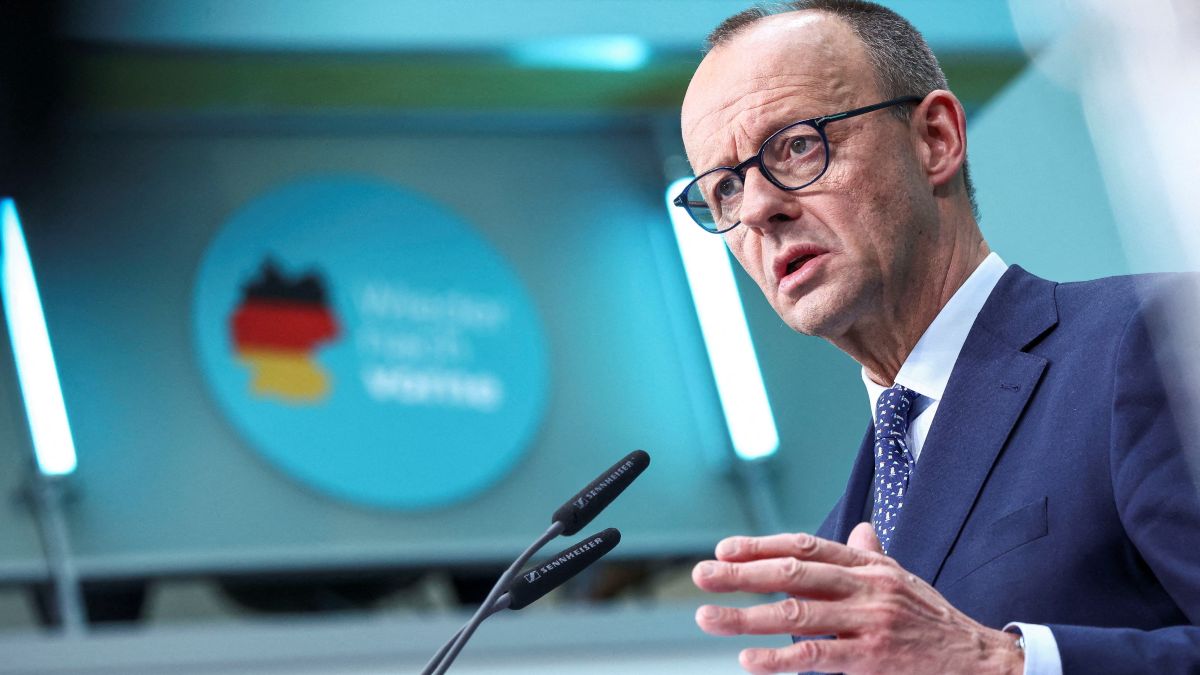Germany’s economy, Europe’s largest, is expected to stagnate this year, weighed down by ongoing trade tensions initiated by US President Donald Trump and domestic political uncertainty.
Outgoing economy minister Robert Habeck announced on Thursday that the government has slashed its 2025 growth forecast to zero, down from an already modest 0.3 per cent anticipated in January. For 2026, growth expectations have also been slightly revised downward to 1 per cent, compared to the 1.1 per cent forecast earlier this year.
“There is above all one reason for this, namely Donald Trump’s trade policy and the effects of the trade policy on Germany,” Habeck told reporters in Berlin. He highlighted the additional complication posed by Germany’s lack of a parliamentary majority government since November, with a new administration still not officially established following February’s elections.
Germany, traditionally an export-driven economy renowned globally for its luxury cars and industrial machinery, has struggled to achieve significant growth in recent years. Increasing competition from China and a contracting economy for two consecutive years have exacerbated these challenges.
Trump’s aggressive tariff strategy has placed additional strain on German exporters. Last year, the United States replaced China as Germany’s largest trading partner for the first time since 2015, as exports to China declined sharply amid escalating tensions.
Meanwhile, Germany’s parliament is set to convene on May 6 to vote on Friedrich Merz as the nation’s new leader, pending approval of the coalition agreement reached earlier this month.
Impact Shorts
More ShortsIn anticipation of his government, potential coalition partners have already passed measures to boost defence spending and set up an extensive infrastructure fund, aiming to stimulate economic growth and offset the impacts of international trade disruptions.
With inputs from agencies
)